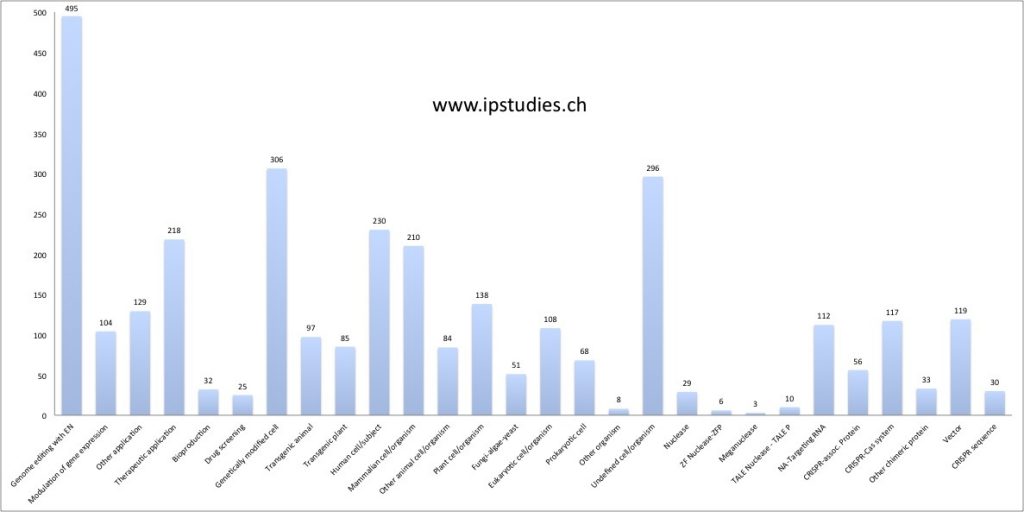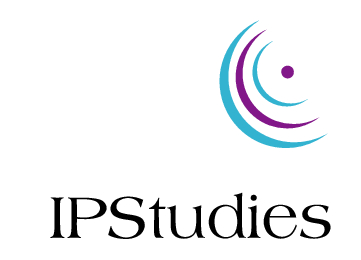The CRISPR technology has a wide range of target applications, from agronomy to medicine. As we celebrate the 2nd birthday of CRISPR patent analytics services at IPStudies and the 4th year of the CRISPR-Cas9 invention, a few application areas show an increasing competitive activity in the landscape. On CAR-T (chimeric antigen receptor T) cell immunotherapy, we now find more than twenty patent applications in the CRISPR landscape. As could be expected from their marketing/communication, a number of pharmaceutical players and CRISPR technology development pioneers have actively positioned their IP in that domain, namely:
What does the new patent box tax regime mean for your IP (and R&D) strategy?
Switzerland is preparing a major corporate tax law change to comply with the new OECD international tax practice recommendations (BEPS Action 5) [Update: Swiss Parliament voted the new law in June 2016 , but finally the law was not accepted by the Swiss citizens consulted by referendum in February 2017. A new tax reform in currently back in the legislative agenda, which will take a few more years. The content of this article is therefore obsolete.]
The former tax rulings regimes which were quite opaque and only accessible to multinationals will be abandoned in favour of a more transparent system, that will be more beneficial to local SMEs and corporations with active R&D in Switzerland, in particular through a couple of measures:
- A Swiss patent box, for optimising tax on benefits which can be bound to certain qualifying IP, such as patents and equivalent rights if substantial activities, i.e. local R&D expenditures, are effectively carried out by the taxpayer (here, Switzerland is aligning to the OECD rules, incl. the NEXUS ratio)
- R&D investment deduction incentives, for optimising R&D investments and thus encouraging innovation.
CRISPR patent analytics – April 2016 update
For the first quarter of 2016, we have added another 105 patent families to our CRISPR patent monitoring set. The CRISPR patent landscape keeps on growing steadily, with on average one new CRISPR patent family publication every day.
Our updated claim coverage analysis confirms the trends and facts we’ve reported in our detailed January 2016 patent landscape. 
Less licensing deals have been announced in the past few months, as the whole industry is watching for USPTO updates on the PTAB interference between two of the pioneering patent filings. More qualitative financial analysts are also now monitoring the outcome of this dispute, after the first successful CRISPR IPO (NASDAQ:EDIT) by Editas, a licensee of the pioneering Broad Institute patents, and the early April announcement of its own IPO filing by rival Intellia, a licensee of the pioneering University of California patent. In Europe, the CRISPR patent landscape is just as uncertain, with multiple (many anonymous – “strawman”) oppositions filed on the first granted patents.
While the uncertainty surrounding the licensing of the core technology patents is getting most media and business attention currently, the next rounds are already taking shape behind this main scene, with near 600 silent patent families claiming their own exclusive share of technology improvements, design-around attempts, and a myriad of specific application developments. There will be further disputes, settlements, and maybe even patent pools in the CRISPR era. The whole data is there, in multiple patent offices and databases – at IPStudies, we search, retrieve, sort and classify this data set to facilitate the CRISPR technology and competition watch for our customers: for more information on our patent landscape and patent monitoring services, check our CRISPR patent analytics offering or send us your inquiry through our contact form.
Guerre des brevets au pays de l’ADN
A lire dans Le Temps de ce lundi, une analyse approfondie des derniers développements dans le paysage CRISPR: la guerre des brevets fait rage au pays de l’ADN et l’arrivée des patent trolls, avec quelques données extraites de l’étude IPStudies. Bonne lecture!
10 facts from the January 2016 CRISPR patent landscape
Our quarterly CRISPR patent landscape is now available. For this first release in 2016, we have included the latest business and technology developments, such as licensing deals information and a fully revisited breakdown of the functional and technical claim coverage. Our genomics expert Dr. Fabien Palazzoli has identified 489 CRISPR patent families out from worlwide patent registers, and systematically reviewed them down to individual claim wording to classify them into our unique, worldwide, independent CRISPR patent database.
In the meanwhile, facts and opinion papers around the Broad-Berkeley USPTO patent interference have been overloading our news monitoring capacity in the past 4 weeks… but that’s just about 2 pioneering families in the whole landscape. Here are 10 new facts out of the latest IPStudies CRISPR patent analytics – 489 CRISPR patent families as of January 2016:
Keynote speech at next Questel seminar, Bern, Feb 11
Our partner Questel is organising a hands-on seminar in Bern on February 11th, illustrated with real case scenarios and user experiences, to help you align innovation with your IP strategy using online solutions.
Our head of biotech analytics, Dr. Fabien Palazzoli, will be giving a keynote speech on the use of the Questel Orbit and Intellixir tools, which have helped us developing since June 2014 the first worlwide independent patent landscape on the biotech revolutionary technology CRISPR.
Genome editing applications – Brussels – Feb 3-4, 2016
IPStudies will be attending the next Genome Editing Applications event in Brussels, now postponed to 3 – 4 February 2016.
A number of companies identified in our CRISPR patent landscape will be speaking there, such as CRISPR Therapeutics (TJ Cradick), Cellectis (Philippe Duchateau), AstraZeneca (Lorenz Mayr), Janssen R&D (Ines Royaux), Novartis (Anett Ritter), Cellecta (Paul Diehl), Merck & Co (Myung Shin), Precision Biosciences (Victor Bartsevitch), as well as instutional applicants such as the Technical University of Denmark, the Netherlands Cancer Institute, Duke University, Wellcome Trust Sanger Institute, and Royal Holloway-University of London.
The event also features a dedicated, interactive evening seminar, discussion and dinner on Intellectual Property and Business Strategy Landscape of Genome Editing Technologies, to be lead by Dr. Philip Webber from Dehns (UK Patent and Trade Mark Attorneys). More information can be found here.
For those attending, we invite you to take this opportunity to meet our head of biotech IP analytics, Dr. Fabien Palazzoli – ask a demo of our interactive CRISPR patent landscape for genome editing R&D/IP positioning! Our free sample can be downloaded here.
CRISPR patents – the raise of China
What is the latest IP situation of the People’s Republic of China in the CRISPR patent landscape? As announced in major media in April 2015, Chinese academic researchers have edited the genome of non-viable human embryos using the CRISPR/Cas9 system, triggering the on-going debates on human genome engineering ethical aspects. The presence of Chinese players, both academic and industrial, in the CRISPR patent landscape is also confirmed by our recent findings.
International licensing agreements – IEEPI training in Paris
 Corinne Le Buhan will be teaching once more the IEEPI IP management training “Best practices of international licensing agreements” in Paris on September 25th, 2015. This practice course will focus on licensing strategies, preparation of the IP agreement proposal, the anatomy of a licensing agreement and negotiation of a licensing contract.
Corinne Le Buhan will be teaching once more the IEEPI IP management training “Best practices of international licensing agreements” in Paris on September 25th, 2015. This practice course will focus on licensing strategies, preparation of the IP agreement proposal, the anatomy of a licensing agreement and negotiation of a licensing contract.
US inventor veterans at Intellectual Ventures are inventing around CRISPR gene editing
As both patent analysts and strategists, we like to look into the “weak signals” hidden behind the main trends of our landscapes, such as emerging design around solutions, original applications and new unexpected players entering the field.
In our latest update of our CRISPR patent landscape, we were surprised to discover a PCT patent application from a couple of senior inventors from Nathan Myhrvold’s team at Intellectual Ventures.
Continue reading


